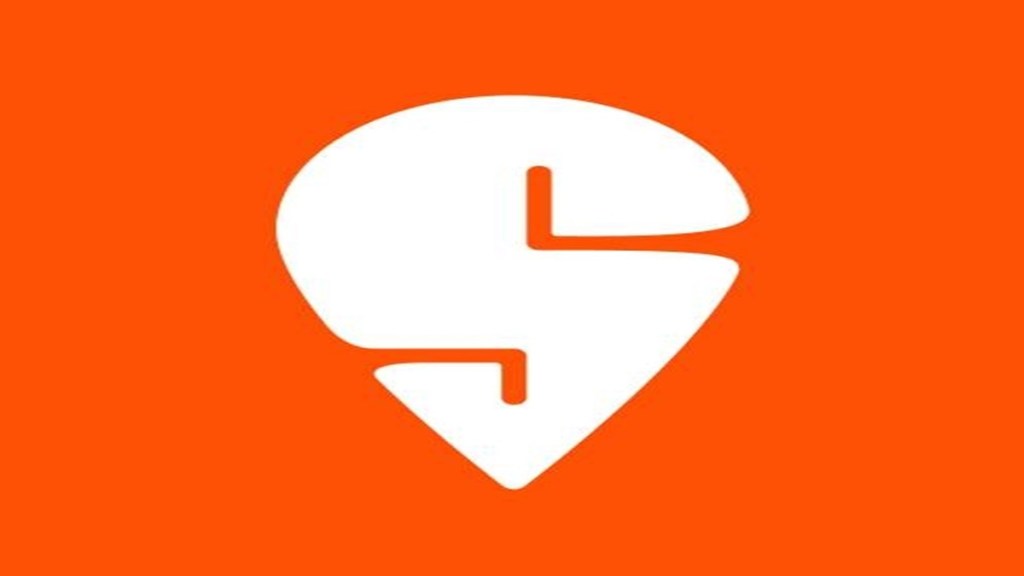Following a tepid start, food-tech unicorn Swiggy’s Rs 11,327-crore initial public offer got fully subscribed on the final day of the share sale on Friday and ended with 3.59 times subscription, largely thanks to qualified institutional buyers (QIBs).
It received bids for 575.3 million equity shares against 160 million shares on offer, according to NSE data.
Among the four segments of investors, the QIB portion saw the highest subscription at 6.02 times, receiving bids for 523 million shares, against 86.9 million shares reserved for this portion. At the upper end of the price band, the QIB portion received bids worth Rs 20,400 crore.
Of the 523 million share bids received for the QIB portion, foreign institutional investors bid for 288.8 million shares, while domestic institutional investors and mutual funds together bid for 203.5 million shares. Apart from this, the retail portion was subscribed 1.14 times, the portion for non-institutional investors was subscribed 41% and the employee portion was subscribed 1.65 times.
After Hyundai Motor India’s Rs 27,870 crore IPO saw a lukewarm response and fell 7% on debut recently, investors seem to be cautious about large-scale IPOs. Further, tepid corporate earnings seem to have weighed on market sentiments.
Most analysts are of the opinion that Swiggy’s IPO is overly priced with the price band of Rs 371-390 per share, particularly compared to its closest rival Zomato, which is currently trading around Rs 250 apiece and is profitable, unlike Swiggy.
However, Zomato’s issue size was smaller at Rs 9,375 crore, compared to Swiggy’s Rs 11,327 crore.
“We suggested people not apply for the IPO because it was decently expensive and there was not much left on the table. Typically, as an IPO investor, I’d expect about 20-25% discount to their valuation, especially for large issues like this,” said Ambareesh Baliga, an independent market analyst.
According to market sources, Swiggy’s grey market premium is hovering around Rs 2 currently, down from Rs 25 last week, and is likely to see a flat listing or can even open lower.
Retail traders on social media are pointing out Swiggy’s FY24 losses of Rs 2,350 crore, compared to Zomato’s profit of Rs 351 crore during the same year, expressing concerns over Swiggy’s IPO valuation. Some of them said they preferred to buy for the long term and not for quick gains.
“Since food delivery is a duopoly market at a nascent stage, both Zomato and Swiggy can still carve out a niche for themselves,” said Amit Kumar Gupta, founder of Fintrekk Capital. He noted that tech IPOs often do not get a good opening but can eventually take off soon after listing, much like the recent debut of another tech unicorn, Ola Electric.

